On average, it takes seven times to leave an abusive relationship. Seven rounds of planning an escape, packing bags and facing the emotional turmoil of breaking up.
And while there are many reasons survivors return to their abusers, there’s one factor that would help them escape the cycle of violence for good: social housing.
A recent report commissioned by Everybody’s Home found that 9120 women a year become homeless after leaving a violent partner. In fact, just over three per cent of survivors find a long-term housing solution.
For the other 97 per cent of women, the options are bleak: crashing on a friend’s couch, moving from over-crowded refuge to over-crowded refuge, or returning to their abuser.
Only three per cent of survivors find a long-term housing solution
Making social housing more accessible would ensure more women have somewhere safe to go, says Everybody’s Home CEO Kate Colvin. “Housing is such a critical part of women’s safety — if you’re a woman leaving a household with children, you need a safe home to build a future safe from violence,” she explains. “Less women leave because they know they won’t be able to find a house, or women do leave, and the research shows they end up returning to violent partners because they just don’t have anywhere to go.”
More than 240 domestic violence organisations have signed a joint statement calling on the government to invest in an adequate supply of new and affordable social housing for at-risk women.
The Everybody’s Home team is campaigning for 16,800 additional social housing units. This would save lives – and money. It’s estimated the initial $7.6 billion cost would lead to an immediate economic benefit of $15.3 billion and the creation of 47,000 new jobs.
This week, we asked three family violence survivors about where they’re living now.
“I’m living in social housing after fleeing to a women’s shelter” – Drishti, 36
“I finally left him on my eighth attempt. We’d been together for 15 months, and by then Kian had full control of every aspect of my life.
I’d left my job to work at his company, where I didn’t earn a wage. He’d broken my mobile and replaced it with a company phone so he could track me. He refused to use protection during intimacy, and when I fell pregnant, he took me to the clinic for an abortion. I’ve always wanted my own family and I still have dreams about the baby and nightmares about waking up in a pool of blood.
I felt like a prisoner and a slave. I started hiding $5 notes in a little box in the backyard.
Finally, in August last year, I left. He followed me. He called my phone on private numbers. He rang my building intercom pretending to be an Uber food delivery.
Eventually, I called a domestic violence hotline.
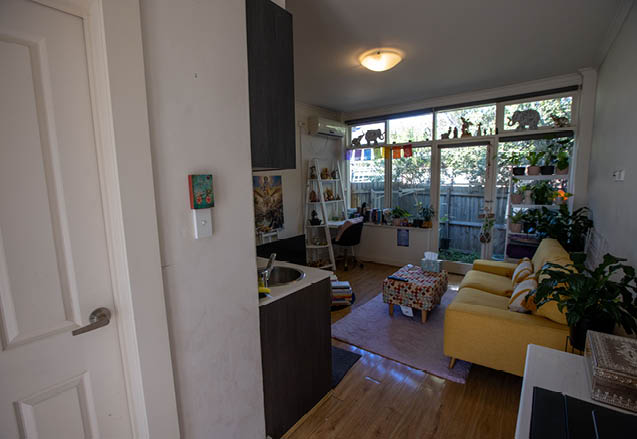
They told me to pack a small bag and ordered me a taxi to take me to a hotel. I wasn’t told where I was going to go. The hotel was in an industrial area. There were no food or shops nearby.
Over the next two weeks I moved between hotels and serviced apartments and was forced to tell my story over and over again to different caseworkers before I was transferred into the refuge system.
The women’s refuge was an old residential house with six rooms. It was incredibly run down and filthy. The women with children had the bigger rooms and the single women shared. I was put in a room with several women who didn’t speak any English. I heard children having hysterical panic attacks and it brought back the trauma of my abortion.
After a couple of weeks, I was finally moved into a transitional housing apartment on my own. The unit is a longer-term – yet still temporary – type of accommodation. I found out from a caseworker the unit had actually been available the entire time I was at the refuge, but the system requires women to pass through the refuge before they can access transitional housing.
My transitional housing apartment is a small one-bedder, where I was told I could stay for six months; that was nine months ago. It’s funded by the state government, but I pay subsidised rent. The unit hadn’t been cleaned when I moved in and the stove didn’t work, but it’s close to public transport and there are security cameras in the complex. For the most part, I feel safe.”
“I’m back with my partner” – Heather, 27
“Earlier this year I left my partner of six years after what I call the ‘incident’. We had a huge fight; both sides of the family and the police were involved. The police told me and my partner that we couldn’t continue to live together, so I moved back to my parents’ house with my five-year-old daughter and three-month-old baby.
Living with my parents was only ever going to be temporary and we all knew that. The police put me in touch with the court advocacy team who referred me to someone in the housing department. I was placed on the Start Safely Program [which provides rent support for people who do not have a stable and secure place to live due to domestic or family violence].
Living with my parents was only ever going to be temporary
While I was being set up on the program, I was trying to co-parent with my ex. Looking after a five-year-old and a baby on my own wasn’t easy, especially under the circumstances we were in.
I wanted to keep as much normalcy in my kids’ lives as possible, so I took them to visit their dad on weekends and afternoons when he finished work early. That’s how I got sucked back in. He said all the right things and promised it would be different this time. It just felt easier.
Now, I’m riddled with shame, embarrassment and guilt for returning to my abuser, but it felt like I had nowhere else to go. Even though I had been placed on the Start Safely Program, it all felt so hard and traumatic for my kids. I’m just trying to do what’s best for them.”
“I’m staying in my sister’s spare room” – Ruby, 29
“I haven’t said the word ‘abuse’ out loud to anyone. I know that coercive control and emotional abuse are forms of domestic violence, but I still don’t consider myself worthy of the title. I don’t consider myself worthy of anything.
In May, I left my partner of almost 10 years. It happened by accident. I came to visit my sister in Queensland from New South Wales with a suitcase full of summer dresses – and I never left. My sister and I watched Jess Hill’s documentary See What You Made Do on SBS and she burst into tears. ‘You can’t go back there,’ she said.
My partner never hit me, but he criticised everything I did and said. He tore my self-confidence to shreds, and although he never physically hurt me, he threatened to.
“I’ll fucking kill you if you ever cheat on me,” he said.
“You’re crazy. Have you taken your medication today?” he said.
“You’re a useless piece of shit,” he said.
I walked on eggshells. I second-guessed every move I made because I knew if I got the wrong packet of chips at the shops, or forgot to close the kitchen cupboard or looked at my phone, I’d be in trouble.
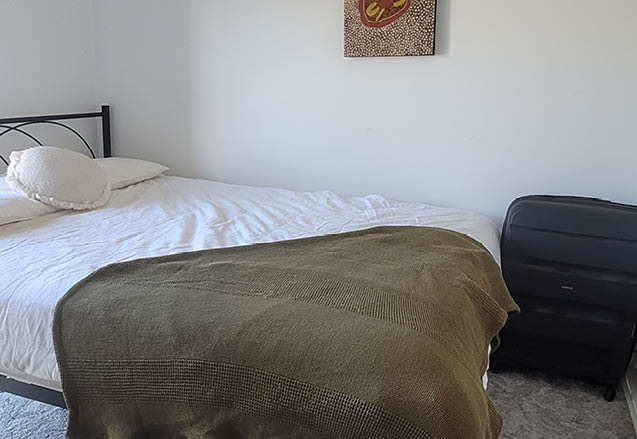
It’s been three months since I left and I’m still walking on eggshells. I lived out of my suitcase in my sister’s spare room for a month, waiting to be asked to leave. Eventually my sister unpacked my clothes for me, and my mum sent up a box of my belongings from my old apartment. My room has a view of the mountains and every morning when I wake up I have to remind myself where I am.
I’m so grateful for my sister and her husband letting me stay with them, but I feel like a burden. I’m waiting for them to get sick of me, to realise how useless I am, and to tell me I need to move on. I don’t have anywhere else to go. My partner had our lease and all the bills in his name, so I think I would struggle trying to find a place on my own.
Last night, my sister jokingly complained that a fork and knife I’d washed up were still dirty, and I shut down. I’m riddled with anxiety, depression and guilt – my little sister shouldn’t have to be looking after me. But here we are. I can’t even imagine what I would do without her, and my heart breaks for all the women who don’t have family support.”
* All names have been changed
If you or anyone you know needs support, you can contact the National Sexual Assault, Domestic and Family Violence Counselling Service on 1800RESPECT (1800 737 732), Lifeline 131 114, or beyondblue 1300 224 636.




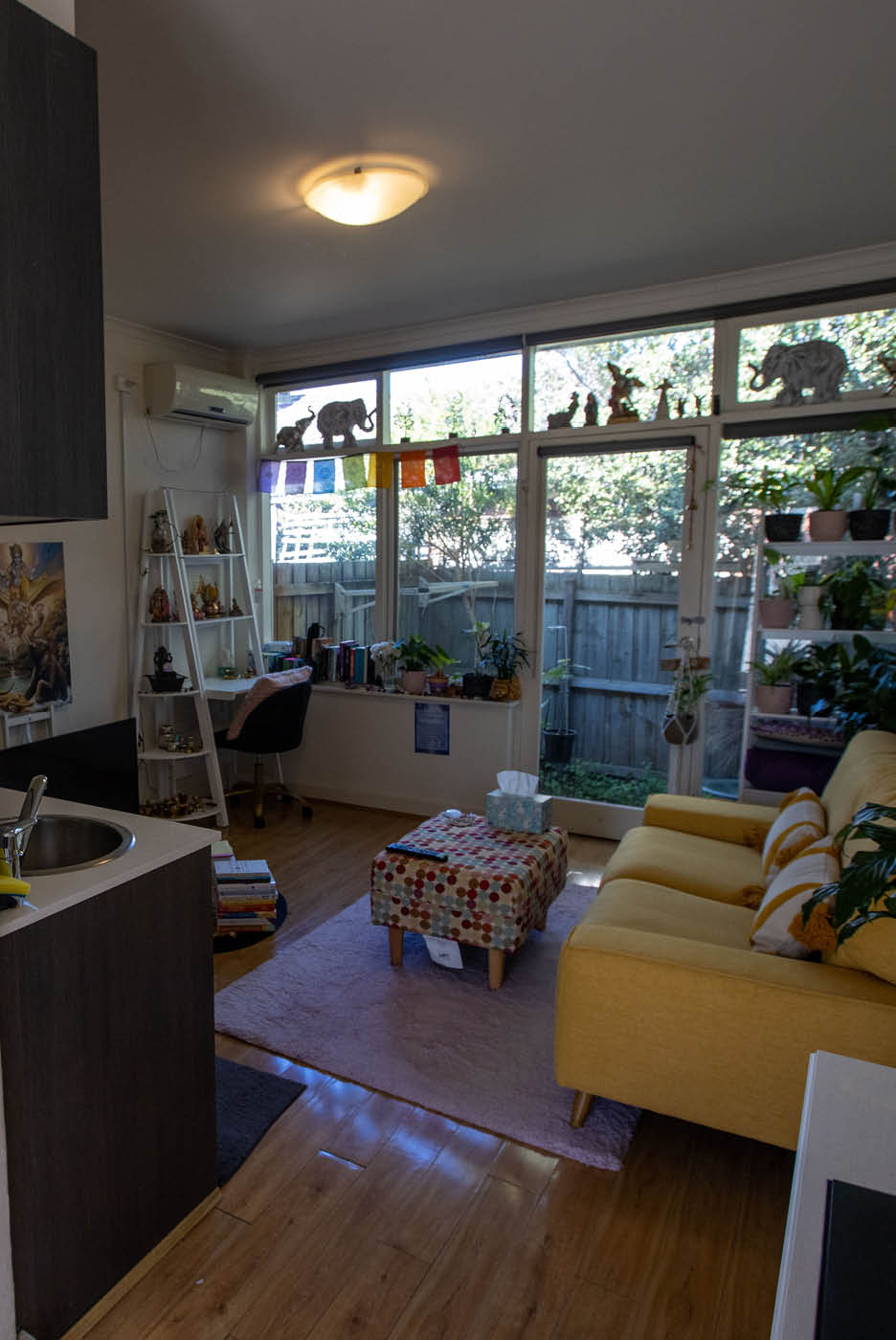
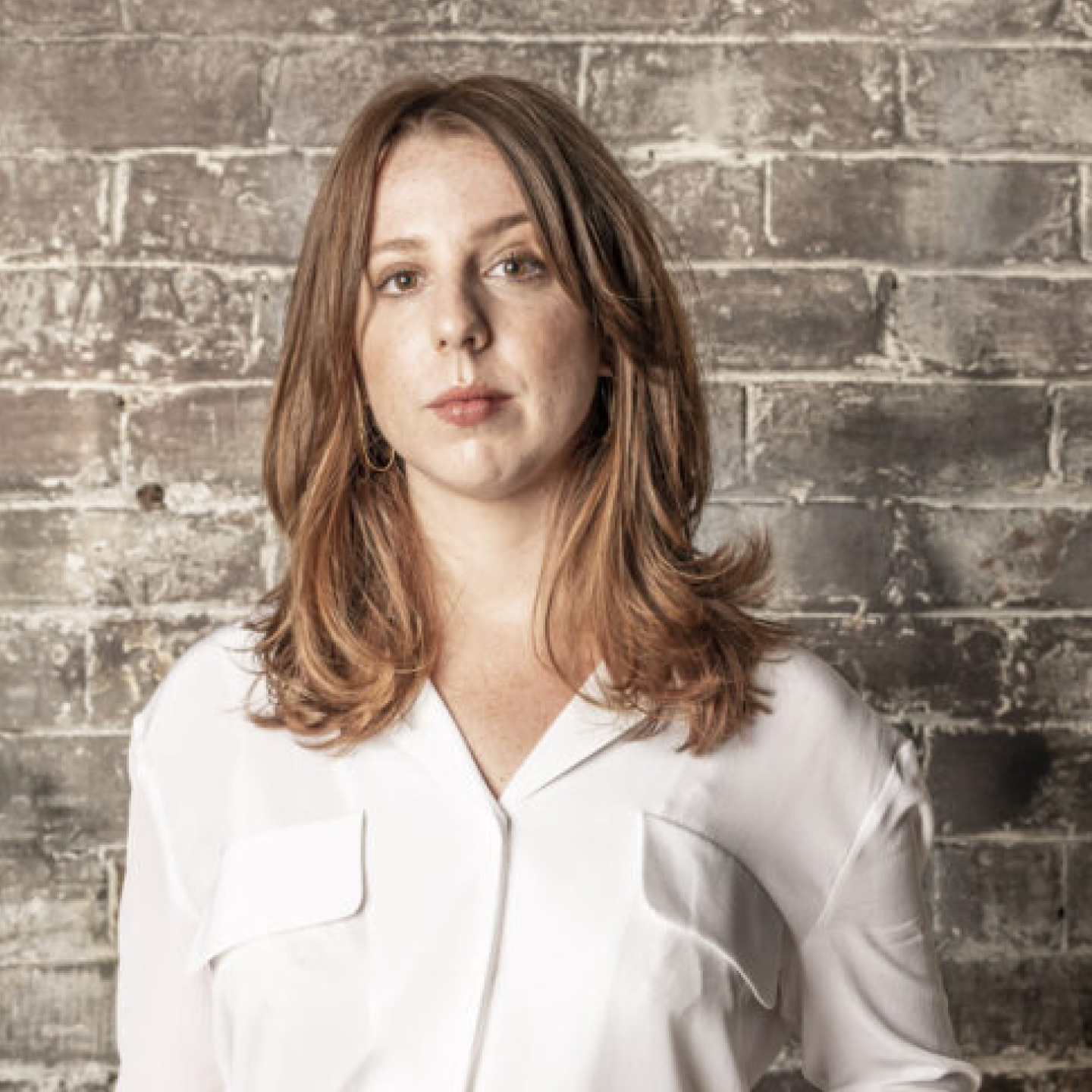


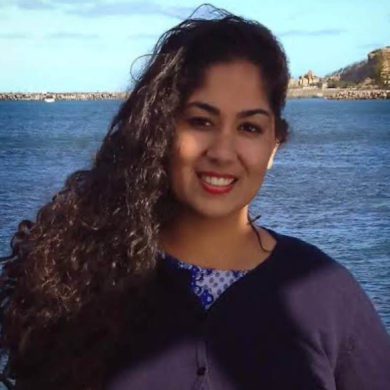
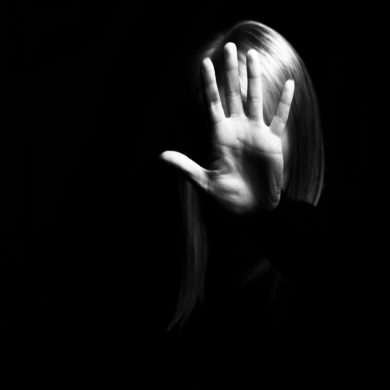
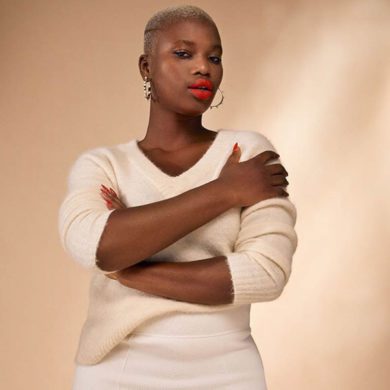

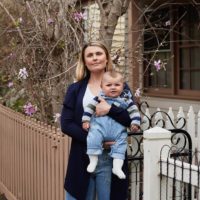
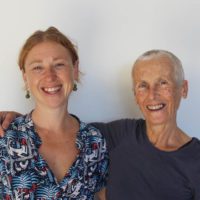
No Comments